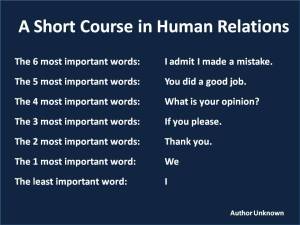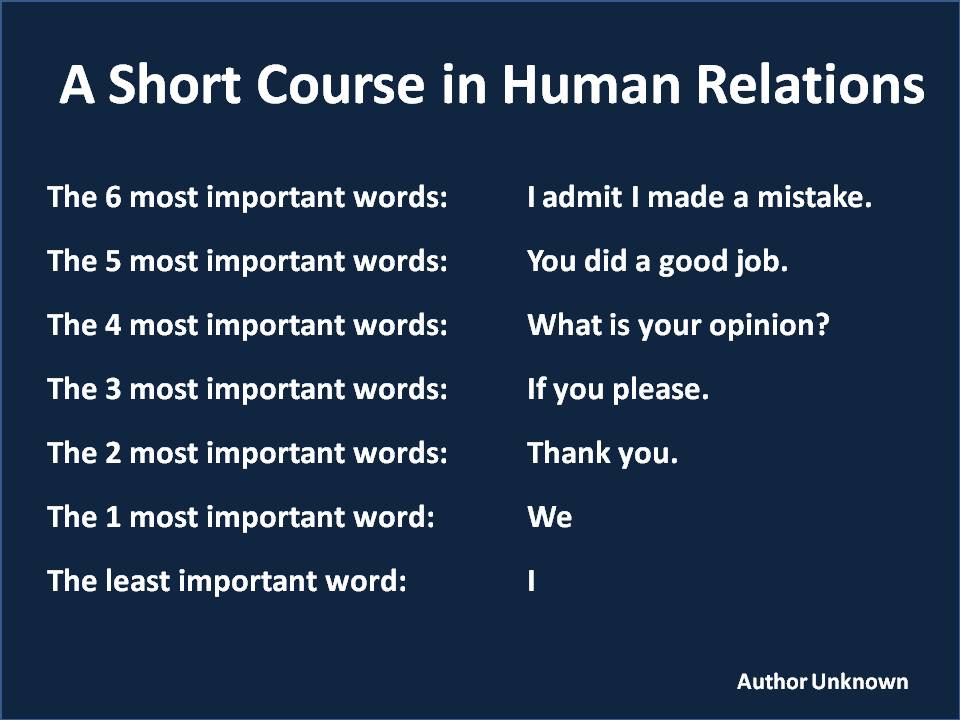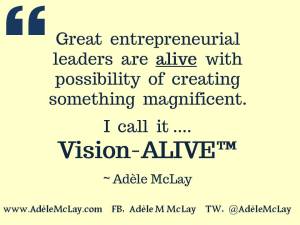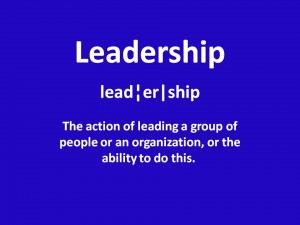Two Teenagers Teach Communication
Meet Amy (left) and my daughter, Gemma. I’m so proud of these two 13 year olds. Why? Because recently, together they were willing to learn some really important life lessons, lessons that I hope will support them throughout the rest of their lives. I also hope they’ll be leaders in school, university and later in life, teaching others the lessons they’ve learned.
And what did they learn?
The art of effective communication to resolve conflict.
Sadly, conflict in relationships occurs all the time. Very few of us are immune to relationships being challenged or, worse, going sour. As a result, friendships wane. Marriages end. Grievances occur in business. Countries go to war.
In my opinion, relationships should be joyous, heart warming, mutually beneficial and nurturing for all. They may not be forever, but while they exist, they should be happy and harmonious.
When things go wrong, I believe there are 5 steps we should follow to move us forward to get us over the hump of the communication and conflict challenge.
Here’s what Gemma and Amy did to restore their friendship.
Step 1: Acknowledge the difficulty
Whether it’s a love, friend or work relationship, when things are difficult, be brave. Be prepared to admit to yourself and the other person that something is wrong in the relationship for you. Don’t just ignore what you’re feeling. You’ll feel a certain sadness, a loss, a lack of energy. Trust your gut instinct. Speak to the other person.
Step 2: Listen… then be heard
Listen to the other person’s point of view, in silence. Don’t interrupt them. Let them speak and feel heard. You will get your turn. While you might not agree with any or all that they say, let them say it. Let them feel valued and listened to. Then you do the same. Speak your truth, gently and kindly.
Step 3: Talk and find common ground
Find common ground. It’s always there if you look for it. What are the things you can agree on?
With Gemma and Amy, the common ground was acknowledging how important their friendship was, and how sad they were feeling that they were not communicating. They missed each other’s friendship. They also worked through the issues they had, ticking off the points they could agree on.
Very often the issues that challenge and destroy relationships are few but are heightened as they grab our attention. Whereas when we work at it, the things that are good in the relationship are far more in number, but get lost in the anger, sadness and devastation.
Step 4: Keep talking and find a way forward
There will be areas you don’t agree on. He says/she says. He did this/she did that. You know how it goes. Attitudes and behaviours may need to change. Trust may be an issue. Forgiveness may be required. That’s normal.
Create a simple plan for how you will move forward with the areas you can’t agree on. Find middle ground. Compromise. Give and take. Nothing is perfect all the time. Movement is important. Desire is critical.
The key is the importance of the relationship to both parties. If it matters, then it should matter that the conflict is resolved. Together both parties must willingly find a way forward to preserve the beauty of what you have by finding solutions to the grey or difficult areas.
Step 5: Take action
Start rebuilding the relationship, the trust, the joy that you once had. If both parties are working on it, the integrity of the relationship will be restored.
Keep talking. Make a date for lunch or dinner; take a walk in the park. Play! Have fun together. Take small steps. Many small steps on the right pathway will achieve the desired end goal – the beauty, comfort and joy of the relationship.
Lessons from our girls
Gemma and Amy went swimming all day yesterday and now have plans to spend loads of time together during the British summer holidays.
They’ve learnt a lot about themselves and each other. They’ve been brave through tears and anger. They’ve moved on. They’ve become role models to their peers. They’re teachers to adults. I love them, their innocence and bravery.
Most importantly, I totally respect Gemma and Amy for taking a stand on the importance of their friendship, and for being willing to be guided in conflict resolution at such a tender and vulnerable age.
Who knows if they will remain lifelong friends? Who cares! For now, they have the beauty, playfulness and happiness of their friendship. I think many adults can take great lessons from these wonderful young women.
Action: How about sharing below the beauty of the relationships you have in your life, be they in love, friendship, work, business, or community. Relationships are one of the key foundations in life.
Could some guidance from me be helpful to you? If so, please arrange a free 30 mins Skype strategy meeting with me. Here’s my calendar to book a meeting. I’d love to support you in some way to gain ‘seductive clarity’ in any aspect of your business or life.




